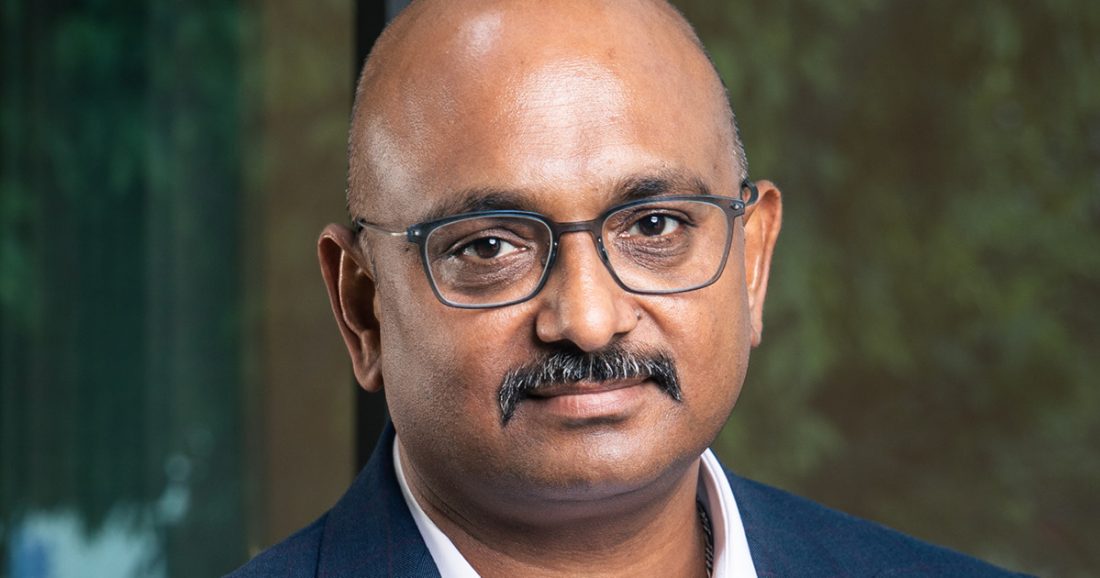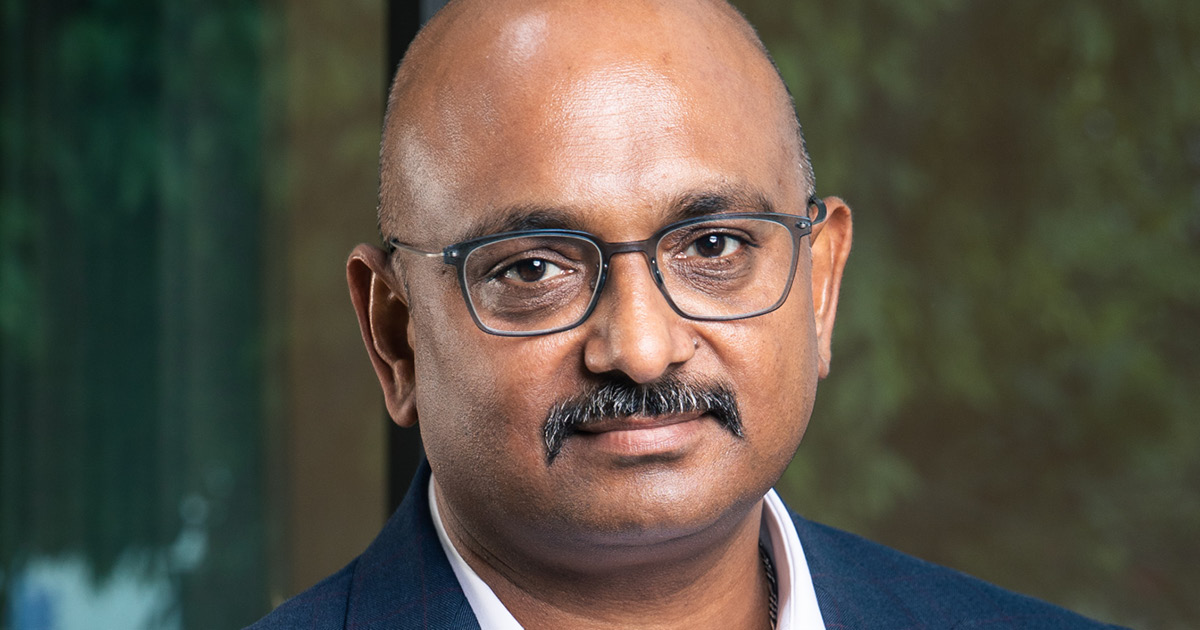As one of the fastest-growing companies in the country, Navitasys India is leading the way in the manufacture of lithium-ion batteries for a variety of electronic products. Ever since it hit the ground running in 2019, the company has been at the forefront of innovation.
Managing Director Shirish Prasad says that as its automation and production reliability have improved, Navitasys India is now turning its attention to delighting customers with more proactive services. To make this happen, Prasad has enforced a mindset and cultural shift within the company.
“We have moved from customer satisfaction to customer delight,” he tells The CEO Magazine. “Now we are monitoring the voice of the customer, that is how we have changed our mindset and the way we do our business to keep customers delighted.”
A Sustainable Push
At the core of its mission, Navitasys India is steadfastly dedicated to advancing sustainability across its people, processes and business model. The company is strategically focused on integrating renewable energy solutions and actively working toward reducing its carbon footprint.
With a comprehensive commitment to environmental responsibility, Navitasys India is paving the way for a greener future. By prioritizing sustainable practices and refining processes, the company is positioning itself as a leader in promoting responsible corporate citizenship and contributing to a more sustainable business ecosystem.
“Our organization’s foundation is our people, and we aspire to be a Great Place to Work while aiming for inclusion among the Top 100 Companies to Work with in 2025,” Prasad reveals. “Our commitment is evident through continuous efforts to enhance employee experiences and foster their growth and development.
“With four years of valuable experience, this year, we anticipate to get certified with the Japan Institute of Plant Maintenance. Our journey reflects a commitment to total productive maintenance, embodying excellence in operational efficiency, equipment reliability and continuous improvement practices.”
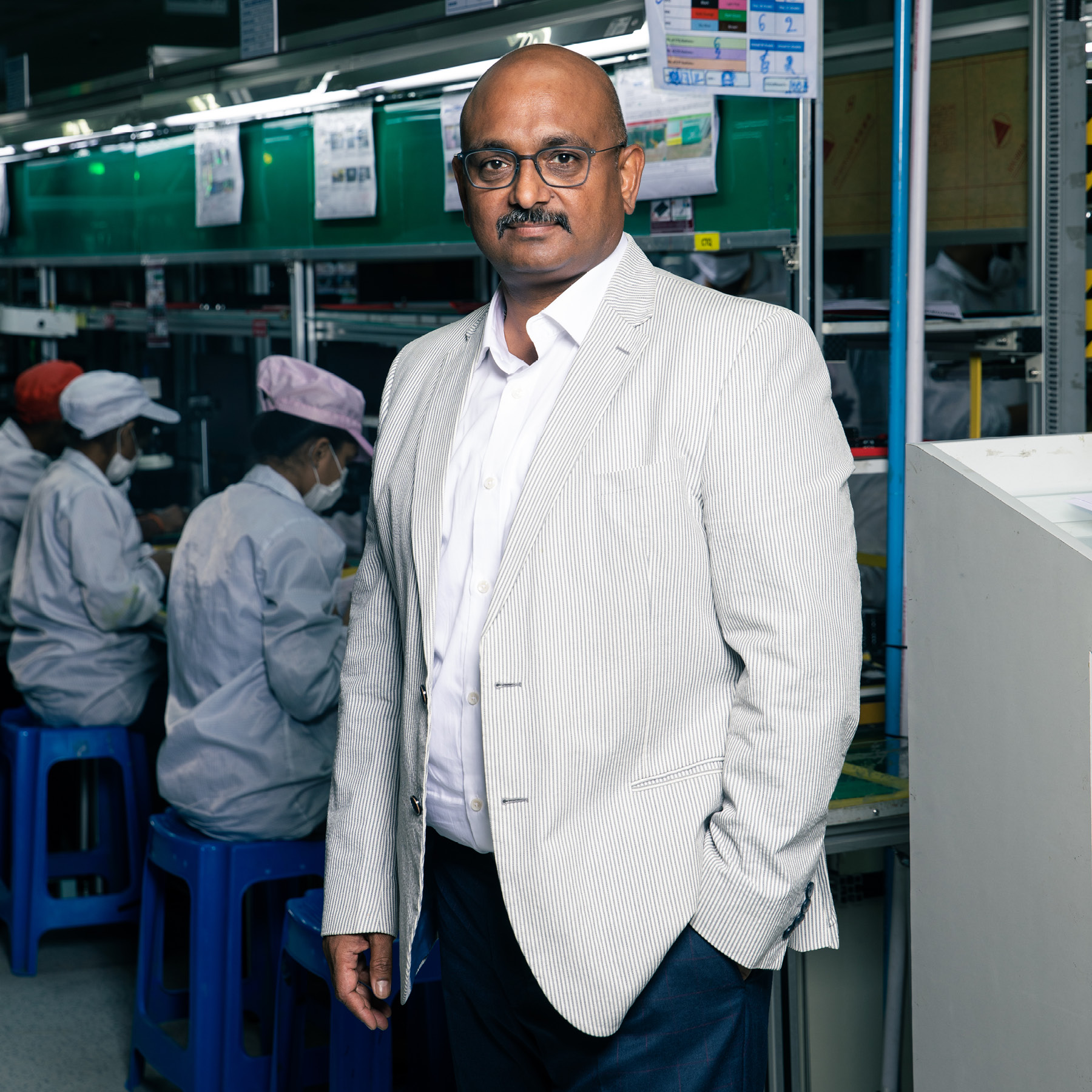
“Our business model should be intricately designed for both sustained growth in business and environmental stewardship.”
Prasad’s efforts are already showing tangible results, with revenue increasing by almost 25 percent in the past 18 months alone.
Looking ahead, Navitasys India aims to work with government-backed schemes such as ‘Make In India’ to expand foray into the laptops, wearables and two-wheeler electric vehicle (EV) segments.
Prasad aims to enhance processes using AI, robotics and data analytics, strategically integrating sustainability into technological advancements for sustainable business practices.
“Our business model should be intricately designed for both sustained growth in business and environmental stewardship,” he emphasizes, adding that it integrates sustainable elements across product development, operational processes and talent.
“We are exploring ways to enhance our manufacturing execution system, not only to harness available data, but also to enable immediate analysis by engineers, aligning with our commitment to sustainability.”
A Common Goal
In order to achieve this, Prasad has implemented a comprehensive set of key management indicators (KMIs) that span the monitoring of the voice of the customer, financial metrics, improving internal business processes and prioritizing employees’ growth and development, all while emphasizing safety and sustainability in the overarching strategic framework.
“We meticulously divide all the KMIs in the decoding process to ensure that each employee is actively contributing to the organization’s objectives, ensuring a cohesive alignment of individual efforts with the overarching goals of our company,” he points out.
However, Prasad admits Navitasys India faces a few challenges. He predicts EV infrastructure will surge in India in the coming years, which means increasing competition and the main concern with battery production: safety.
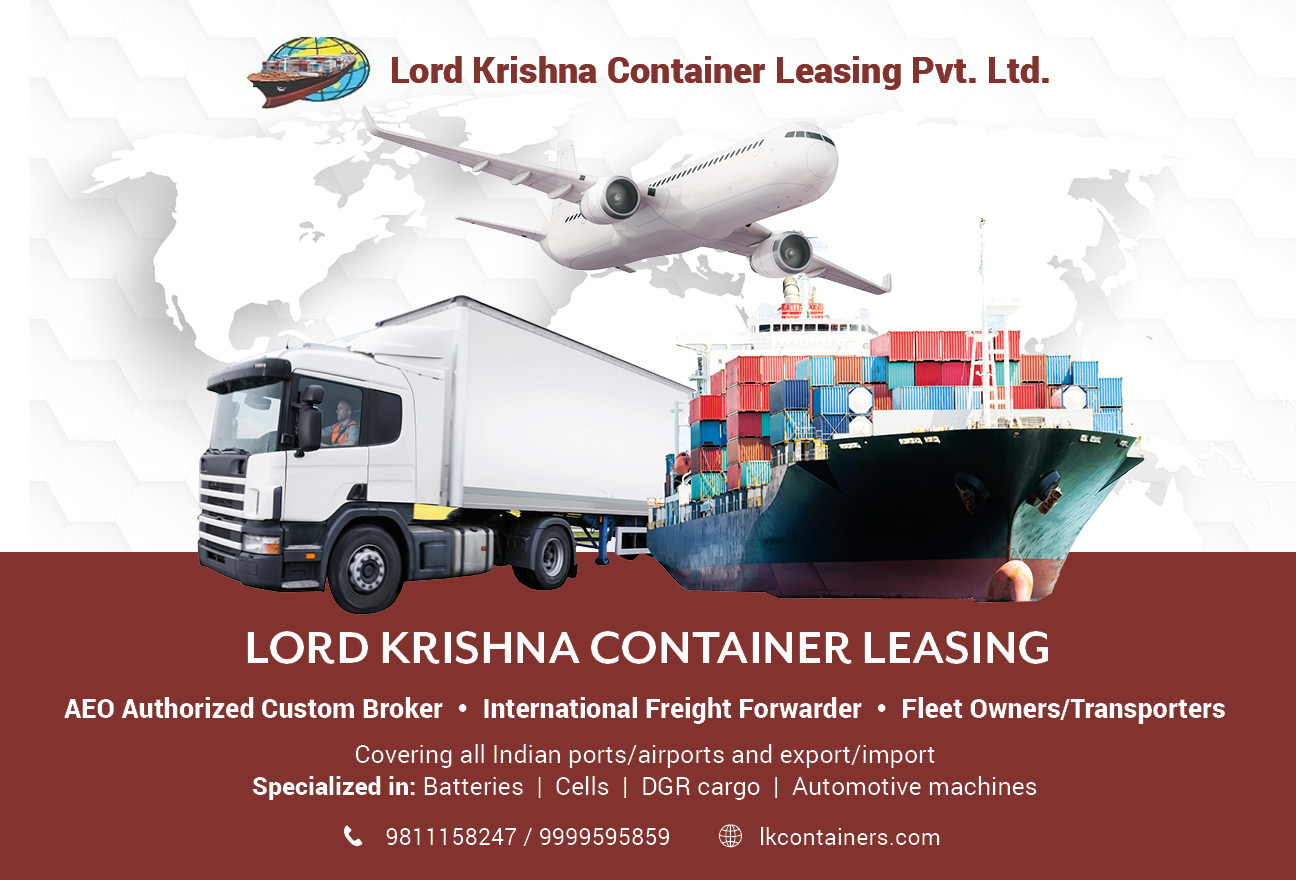
Advertisement
“We are ensuring safety is embedded in the subconscious mind of every employee,” he says. “We must recognize that the end customer can be a friend or family, somebody very near and dear to us. If the product reliability and quality are not up to the mark, then it can endanger human life – a critical consideration that should be present in the collective mind of our workforce.”
Battery reliability is an ever-evolving process, and Prasad is glad new regulations are being developed to address safety concerns. He refers to complying with the standards of the Ministry of Environment, Forest & Climate Change for Extended Producer Responsibility authorization for battery and plastic waste management.
“The safety regulations are improving every day, so we have to keep changing the course of the business model to ensure we are always complying with these requirements,” he says.
Working Through Volatility
Prasad’s strategy for Navitasys India has proven successful, facilitated by a robust supply chain. The company upholds transparency in aligning customer forecasts with suppliers, fostering trust and respect in partnerships, and collaboratively establishing an optimal cost structure.
Despite potential disruptions from external factors, such as global headwinds and fluctuations in customer demand, it remains adaptable, mitigating volatility in the supply chain and operations through proactive measures.
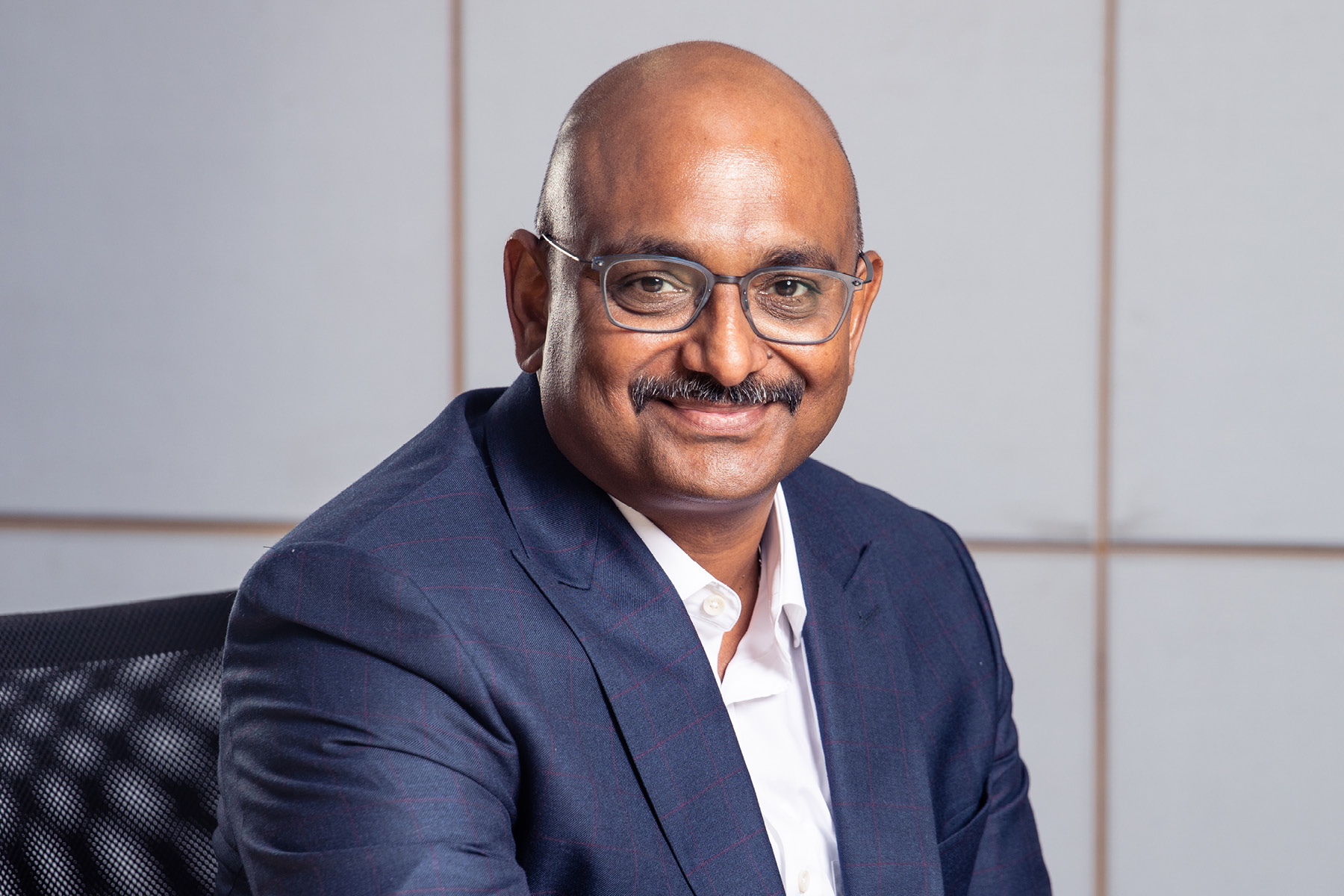
“We are ensuring safety is embedded in the subconscious mind of every employee.”
As the demand for batteries and electronics grows, Navitasys India is poised to make the best out of it, with Prasad keen to add operational efficiency and sustainability through technology.
“Today we supply to almost 50 percent of the domestic smartphone battery market,” he says. “In three to five years time, I believe the business could double in terms of revenue.”

